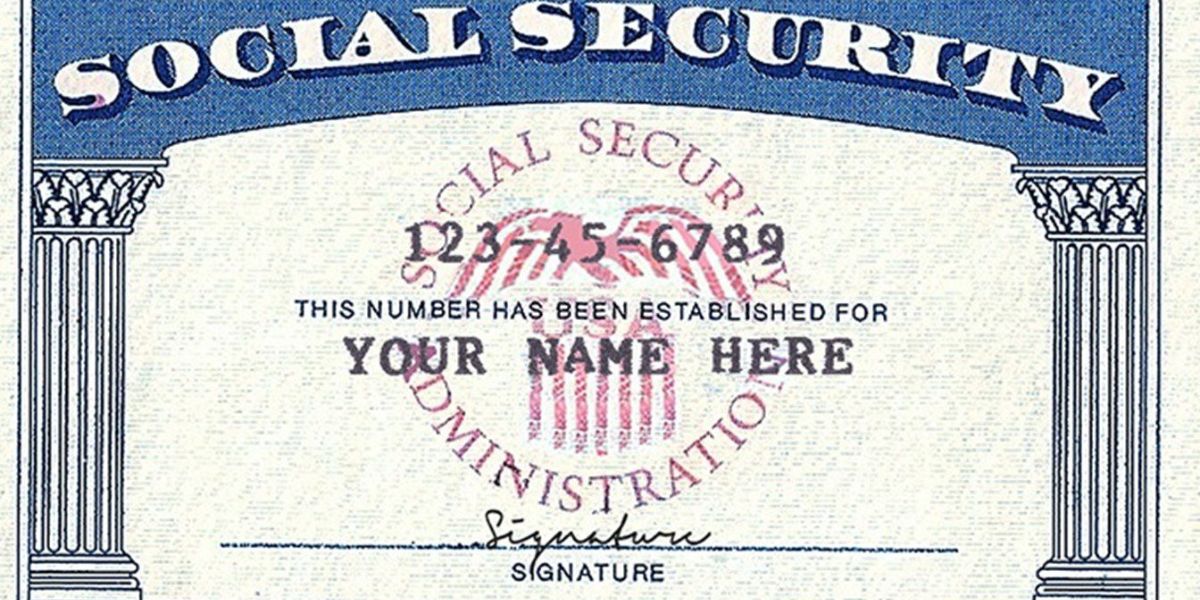MJP –
The question of whether Social Security is a viable option for illegal immigrants is complex, and interwoven with legal, economic, and ethical considerations.
While Social Security is a crucial support system for many U.S. citizens and legal residents, the circumstances surrounding undocumented immigrants’ interactions with this program require a nuanced understanding.
Understanding Social Security
Social Security is a federal program designed to provide financial assistance to retirees, disabled individuals, and survivors of deceased workers.
Eligibility for benefits typically hinges on having a valid Social Security number (SSN) and having paid into the system through payroll taxes over a minimum number of years.
Can Illegal Immigrants Access Social Security?

The short answer is no. Illegal immigrants cannot directly access Social Security benefits. Here are some key points to consider:
- Lack of Legal Status: To apply for Social Security benefits, individuals must be U.S. citizens or legal residents. Undocumented immigrants do not meet this criterion, which bars them from receiving benefits.
- Valid Social Security Number: Without a valid SSN, illegal immigrants cannot create an account with the Social Security Administration (SSA) or apply for benefits, even if they have contributed to the system through taxes.
- Work Contributions: Some undocumented immigrants do pay into Social Security through payroll taxes, often using false or borrowed Social Security numbers. However, these contributions do not grant them eligibility for benefits, as the SSA does not recognize their status when calculating benefits.
Economic Considerations
From an economic perspective, the contributions made by illegal immigrants to the Social Security system can have both positive and negative implications:
- Positive Impact: By contributing to Social Security, undocumented workers can help sustain the fund, providing financial resources that benefit retirees and others who are eligible. This can be particularly relevant in times of demographic shifts, where there are more retirees drawing benefits and fewer workers contributing to the system.
- Negative Impact: Critics argue that illegal immigration can strain social services and lead to increased competition for low-wage jobs, which can indirectly affect the economy. However, many undocumented workers are employed in essential industries that contribute significantly to economic growth.
Ethical Considerations
The Truth About Social Security Benefits for Illegal Immigrants – What Eligibility Is
The ethics surrounding Social Security and illegal immigrants are often debated:
- Fairness: Some believe that individuals who contribute to the system should have access to its benefits, regardless of their immigration status. They argue that it’s unjust for undocumented workers to pay into a system they cannot use.
- Rule of Law: Others maintain that access to social benefits should be reserved for citizens and legal residents. They argue that allowing illegal immigrants to benefit from Social Security undermines the rule of law and the integrity of the system.
Alternative Options for Illegal Immigrants
While Social Security is not an option for undocumented immigrants, there are other forms of assistance and support they may access:
- Community Resources: Many local organizations assist undocumented immigrants, including food banks, healthcare services, and legal aid.
- State Programs: Some states have programs designed to support undocumented residents in certain areas, such as education and healthcare, though these vary widely.
- Pathways to Legalization: Engaging in immigration reform and seeking pathways to legal status may open doors to Social Security benefits in the future. Legal residents can access the full range of benefits, including Social Security, once they meet the eligibility requirements.
Conclusion
In summary, Social Security is not a viable option for illegal immigrants due to legal restrictions and eligibility requirements. While undocumented workers may contribute to the system, they cannot access its benefits. The implications of this situation are multifaceted, encompassing economic, ethical, and legal dimensions. As discussions around immigration policy and reform continue, the question of how to integrate undocumented workers into the social safety net remains a critical topic of debate. Understanding the complexities of this issue is essential for fostering informed conversations about immigration and social welfare in the United States.




